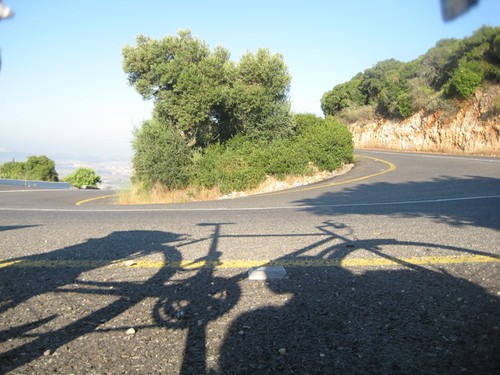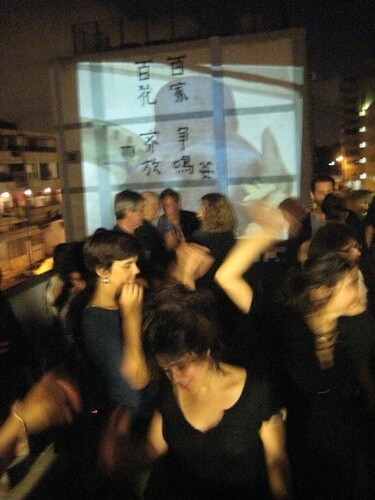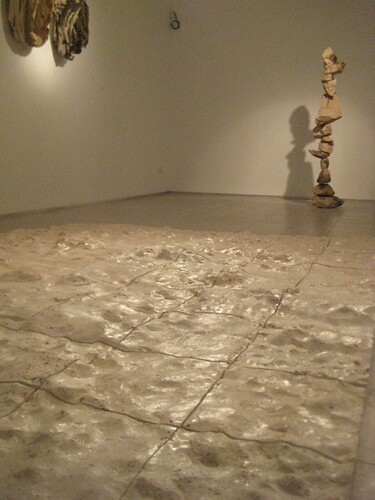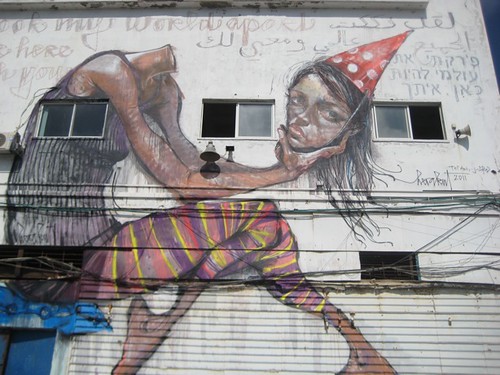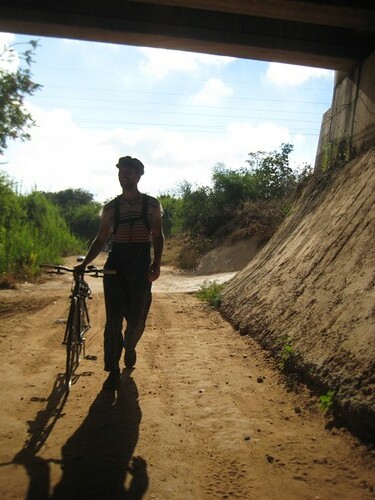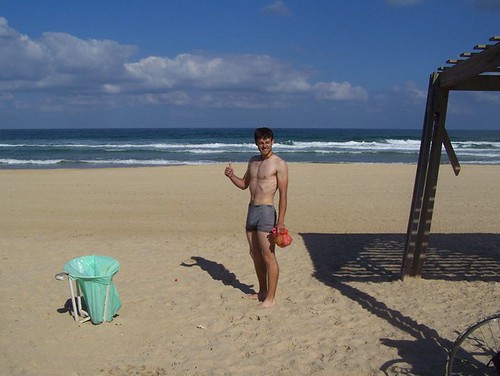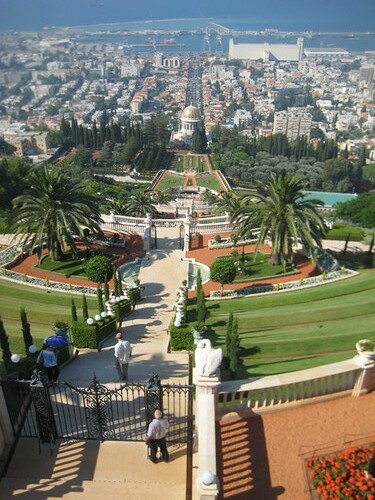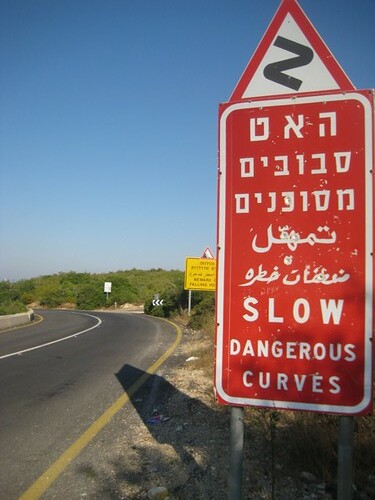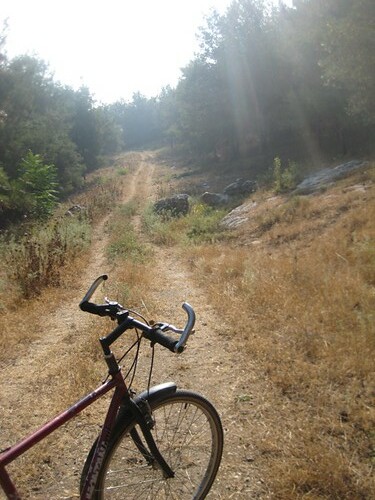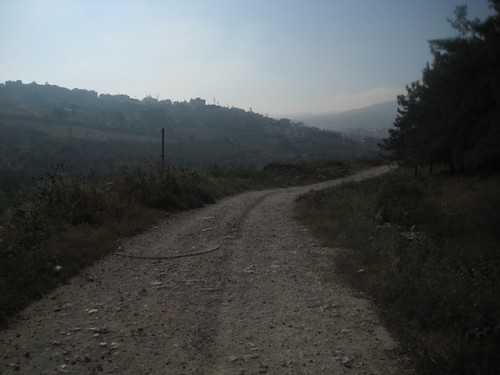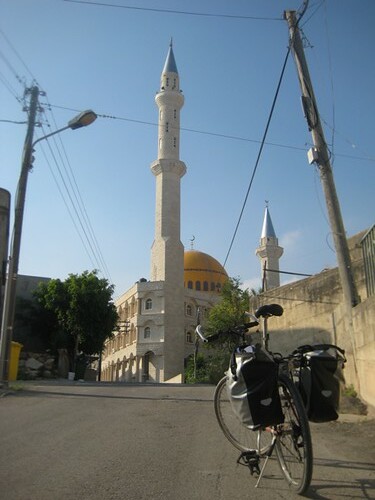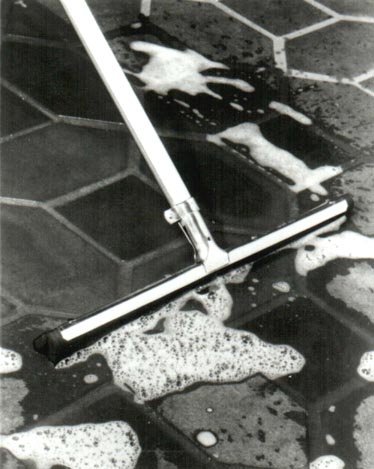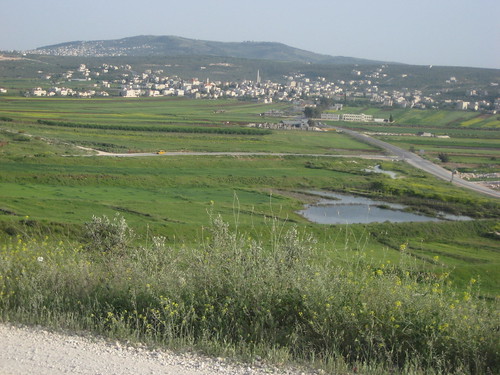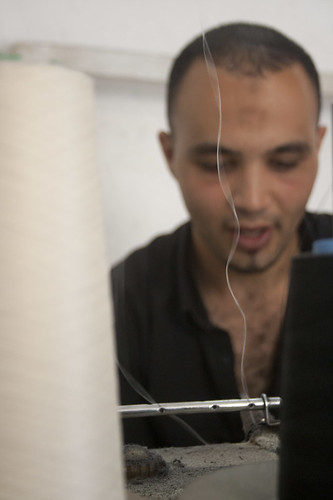
Here's Ameed at work. He's always bugging me to stop and chat at his sewing shop, and is always mad cos' I'm always busy.
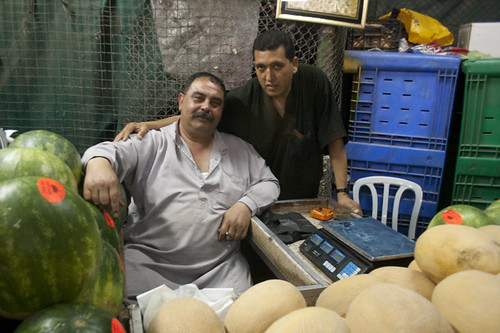
Two Husseins. The one on the left is a santa-clausy character that's always jokin' with me like I'm a local. I went with my friend to his stand once and my friend was like 'that guy insulted you like 100 times!' Whatever. I can't tell. The other Hussein is both a football coach and art teacher in Askar. He speaks arabic CRAZY fast and I'm really stoked when I can understand him.
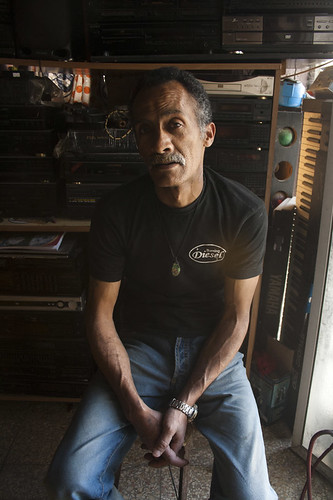
This sweetie's named Baseem, he's a toothless guy who lurks in a picturesqely hidden coffee shop over the old city, rooms randomly filled with electronics. He knocked his teeth out on a scooter a couple years back so he talks with a funny lisp. Photos of his brother, Basim, pepper the old city, as he was a resistance fighter who was gunned down in his sleep by Israeli forces in 2007. I think I know most of this family and we talk all the time about politics, it's amazing that they'll treat me as a friend considering the US's justifiable rep around here.
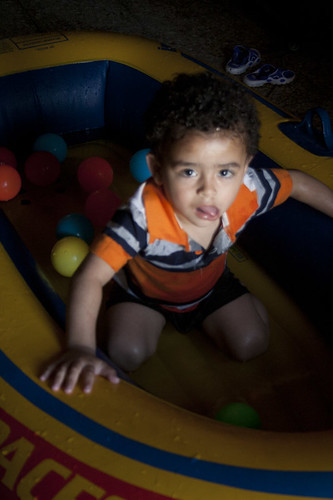
Here's his son, Basim, named after his uncle. Baseem's an older fella who only wants 2 kids, which is super strange in Palestine. Cool guy.
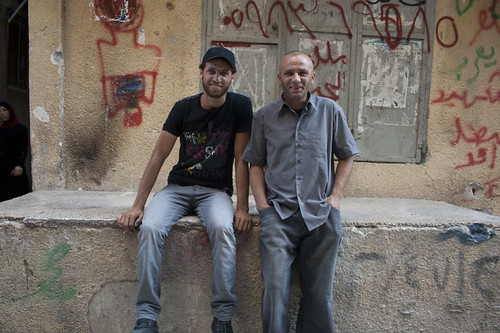
After a photoshoot in the old city Ibrahim and I went to Balata, here he is with his brother.
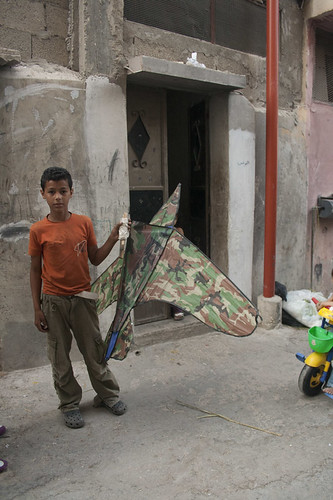
Boy with Kite, Balata Camp
I was shooting Ibrahim for a bike article, but somehow horses got involved. Go figure.
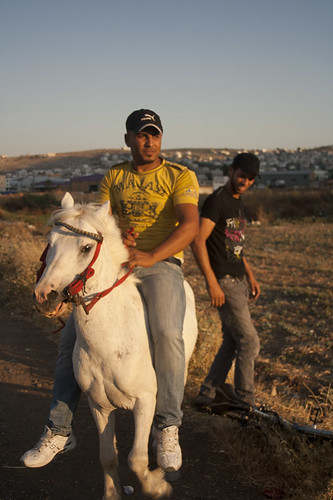
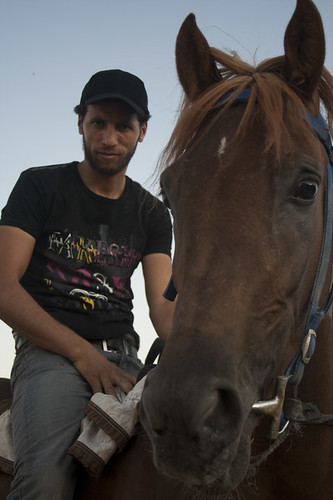
The best shots (obviously!) are the ones I'm using for the article, but there are like 20 good ones, so maybe I'll throw them up here so ya'll can help me decide which ones to use. Good to be back in Nablus, good to have a good camera.
Read More......

